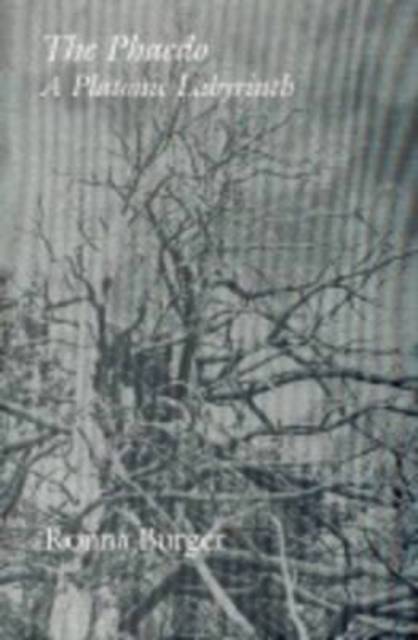
- Afhalen na 1 uur in een winkel met voorraad
- Gratis thuislevering in België vanaf € 30
- Ruim aanbod met 7 miljoen producten
- Afhalen na 1 uur in een winkel met voorraad
- Gratis thuislevering in België vanaf € 30
- Ruim aanbod met 7 miljoen producten
Omschrijving
The movement of that argument is marked by the structural division of the dialogue into two halves, linked and separated by a central interlude in which Socrates warns against the great danger of "misology", or loss of trust in logos. That danger, which threatens the very possibility of philosophic inquiry, comes to overshadow the threat posed by the fear of death, which motivated the original series of arguments. The turn this necessitates, from the first to the second half of the dialogue, brings about a transformation of the understanding of knowledge, the ideas, the soul, death, and immortality. With this "second sailing", as Socrates calls it, the "Platonism" presented in the Phaedo emerges as precisely the target of which the dialogue is a critique.
Specificaties
Betrokkenen
- Auteur(s):
- Uitgeverij:
Inhoud
- Aantal bladzijden:
- 310
- Taal:
- Engels
Eigenschappen
- Productcode (EAN):
- 9781890318581
- Verschijningsdatum:
- 21/01/2019
- Uitvoering:
- Paperback
- Formaat:
- Trade paperback (VS)
- Afmetingen:
- 153 mm x 230 mm
- Gewicht:
- 458 g

Alleen bij Standaard Boekhandel
Beoordelingen
We publiceren alleen reviews die voldoen aan de voorwaarden voor reviews. Bekijk onze voorwaarden voor reviews.











